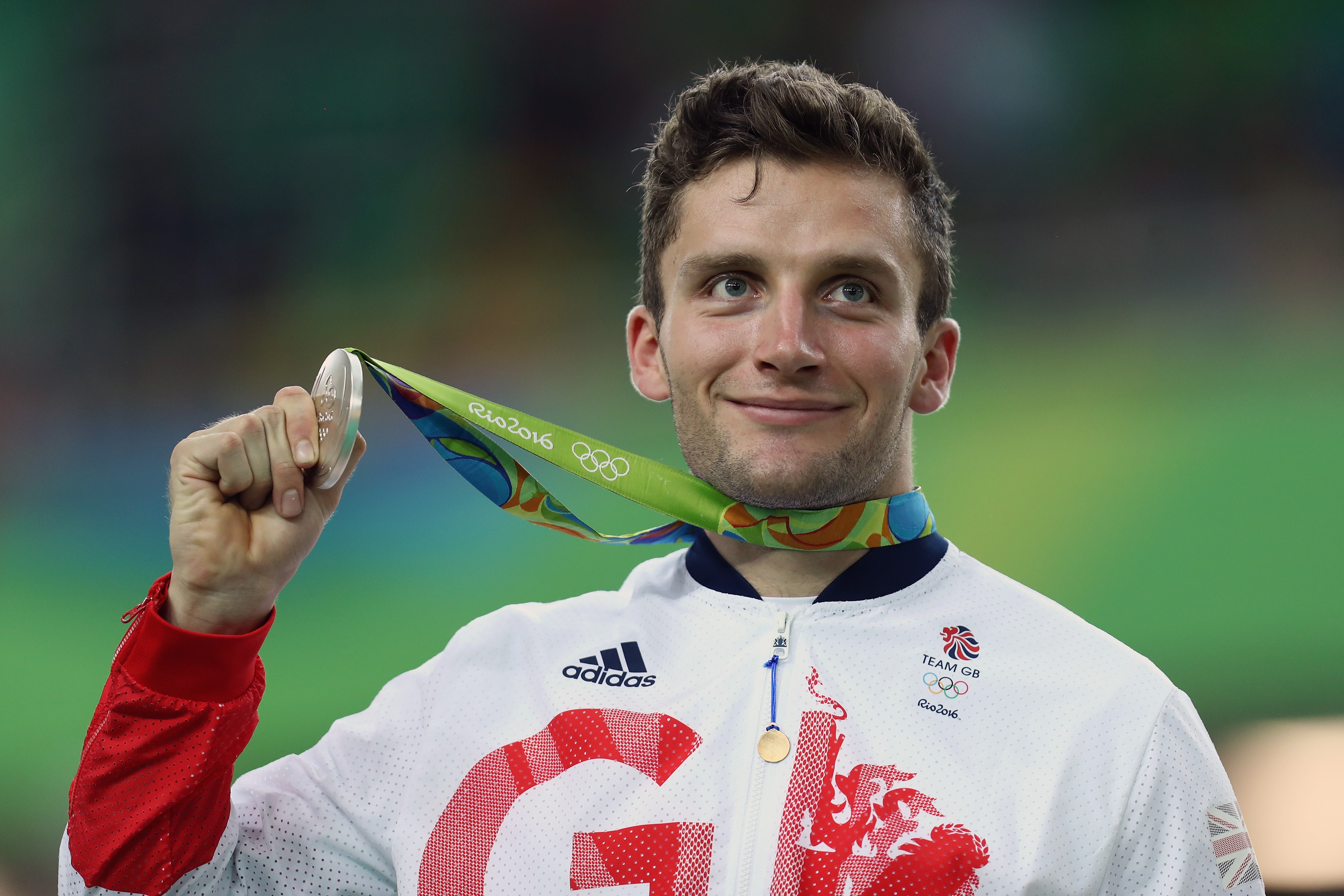Callum Skinner says British Cycling's focus on performance amid 'serious mental health issues' led to retirement
The retired sprinter said the governing body's response to his 'cry for help' was focused on performance as opposed to 'getting better'


Olympic track champion Callum Skinner has turned his attention to sport governance (Photo by Bryn Lennon/Getty Images)
The latest race content, interviews, features, reviews and expert buying guides, direct to your inbox!
You are now subscribed
Your newsletter sign-up was successful
Olympic champion Callum Skinner has said that a lack of understanding at British Cycling led to his retirement from the sport, aged 26.
The sprinter, who was part of the gold medal winning team sprint squad at the Rio Olympics, stepped away from competition in March this year, opting to focus on projects such as Global Athlete, which aims to combat harassment and doping.
Speaking to BBC 5 Live, he said that when he tried to speak to the management team at British Cycling about his ongoing mental health problems, talk turned to performance - a trend he says led to his decision to "bow out."
"I was treading water and starting to sink, I guess," the Scot said in an interview.
He explained that he had told bosses he was "going through a pretty tough time" and "suffering from pretty serious mental health issues".
>>> Does elite cycling have a problem with mental health?
Skinner says he requested a break from the sport, on advice from his coach and sports psychologist Dr Steve Peters. But he says when the conversation turned quickly to how long the break could be to avoid being ruled out of contention to race at the 2020 Olympics on Tokyo, he made his decision to leave.
The latest race content, interviews, features, reviews and expert buying guides, direct to your inbox!
Speaking to BBC Radio 5 Live, he said: "That was really just the point when I decided to step away.
"It was basically a little bit of a cry for help and it became all too much about performance and not enough about getting better, from my point of view.
"I wasn't going to go into that meeting and have my athleticism and my work ethic questioned. Especially when I'd taken the plunge in disclosing some of my mental health issues.
"At that point I decided just to bow out."
"I was asking for a break for the sake of my safety, which was recommended by Dr Steve Peters, my coach and the team doctor, so to then have that morph into a conversation about performance just made me feel as if this wasn't really something I wanted to do any more," Skinner said.
He also added that issues with mental health were "not well enough understood at the time".
The governing body has come under fire in recent years, with a 2017 report revealing a 'culture of fear', 'bullying' and a 'dictatorial regime'.
But in May this year, British Cycling announced a new mental health screening strategy, specifically to ensure riders's mental health is looked after as well as their physical well-being.
The screening involves check-ups every six months, and BC also says it wants to ensure coaches and professionals are more proactive around spotting emerging problems rather than only treating existing conditions.
Asked about Skinner's comments, a British Cycling spokesman said to the BBC: "We are aware of Callum's health problems and we sought to support him throughout.
"His feedback has helped improve the mental health provision for our athletes and we continue to wish him well in the next phase of his career."
Unveiling the new mental health screening programme, Great Britain Cycling Team performance director Stephen Park said: “It’s important that we create a culture and environment in which our athletes feel supported, and one which they want to be a part of.
“The revised mental health strategy is just one piece of the jigsaw in terms of how we’re constantly looking for improvements in the support we can offer to our riders. It’s not to say that we have all the answers, but rather we are committed to making improvements in the services we are able to offer.
“Our ambition is to top the medal tables once again in Tokyo 2020, and we now have some solid foundations in place to support our athletes in achieving our ambitions.”
Michelle Arthurs-Brennan the Editor of Cycling Weekly website. An NCTJ qualified traditional journalist by trade, Michelle began her career working for local newspapers. She's worked within the cycling industry since 2012, and joined the Cycling Weekly team in 2017, having previously been Editor at Total Women's Cycling. Prior to welcoming her first daughter in 2022, Michelle raced on the road, track, and in time trials, and still rides as much as she can - albeit a fair proportion indoors, for now.
Michelle is on maternity leave from April 2025 until spring 2026.
